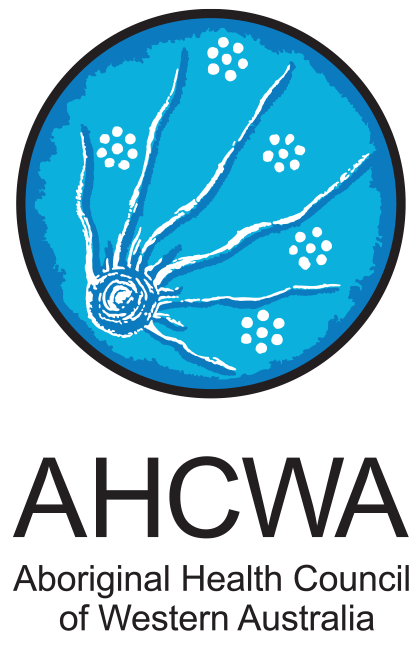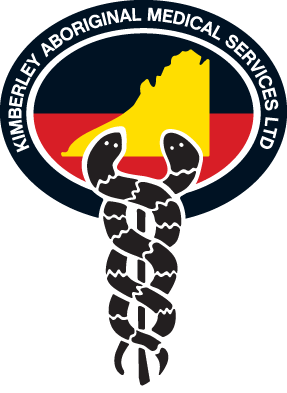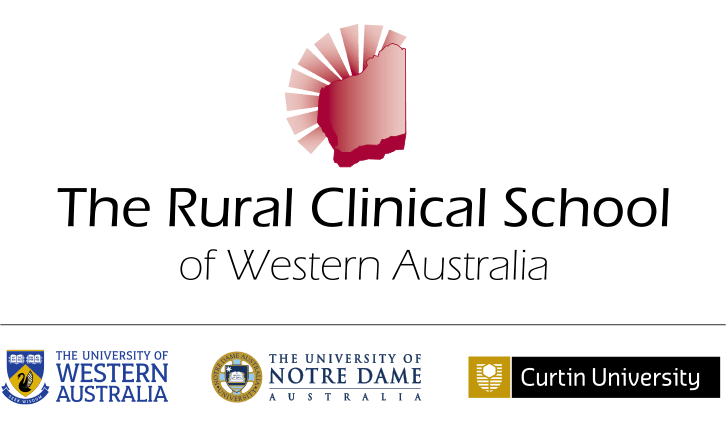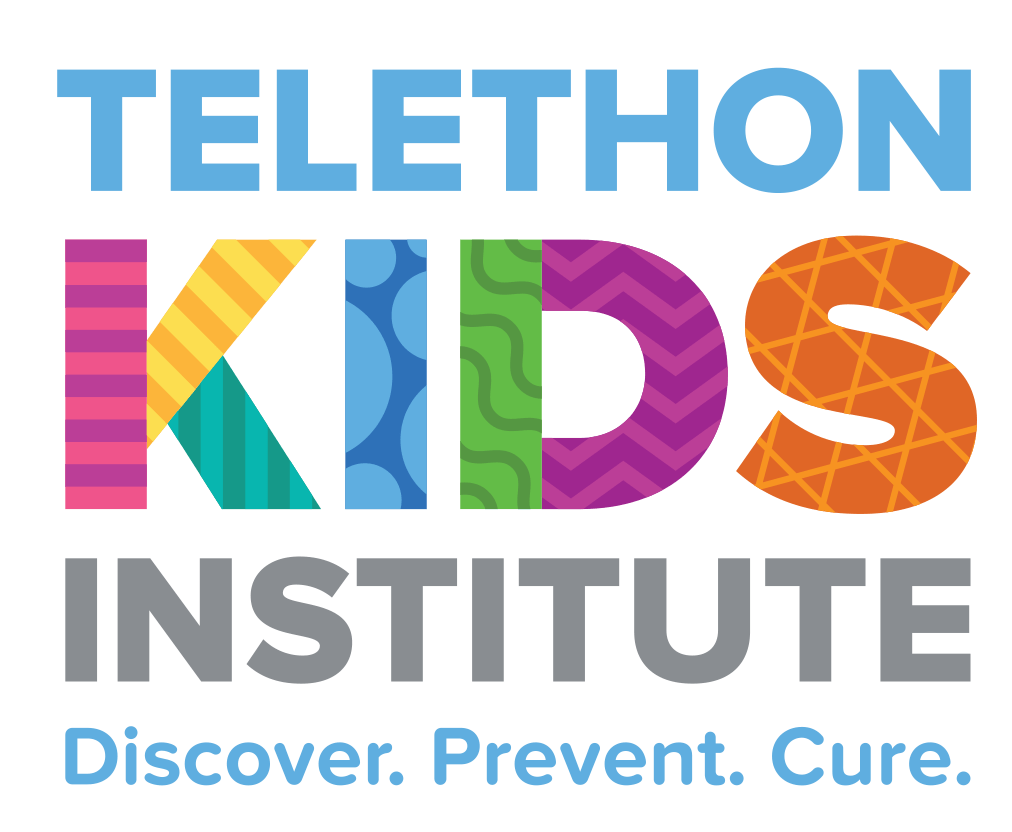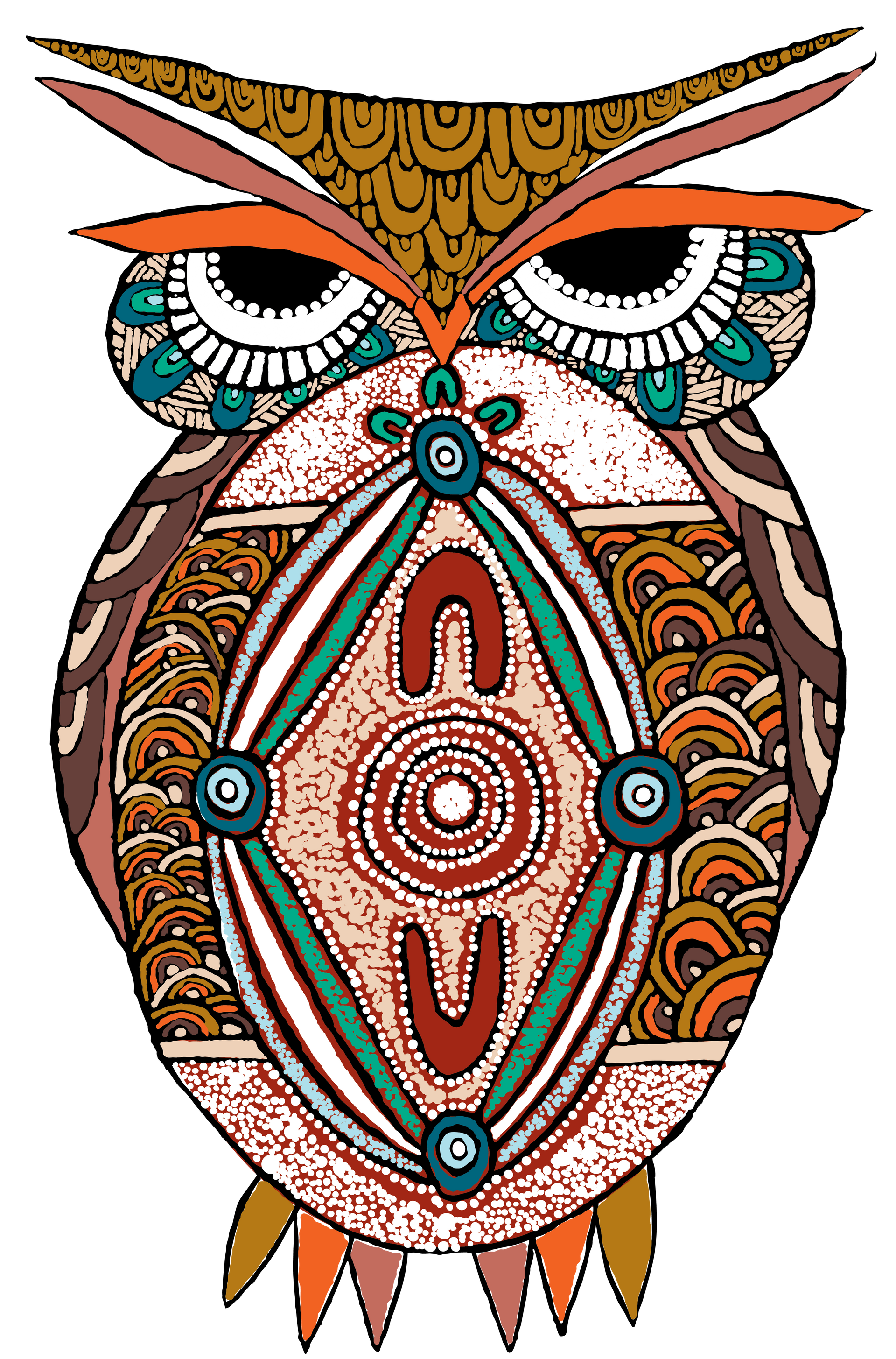Our Members
Aboriginal Health Council of Western Australia
The Aboriginal Health Council of Western Australia (AHCWA) is the peak body for Aboriginal Community Controlled Health Services (ACCHS) in Western Australia. AHCWA exists to support and act on behalf of our 23 Member ACCHS throughout WA, actively responding to the individual and collective needs of our Members.
Governed by an Aboriginal Board of Directors who represent all regions in Western Australia, AHCWA aims to promote and strengthen the ACCHS model of care. A model that is built around the delivery of comprehensive, holistic, and culturally secure primary health care services.
AHCWA comes together as one to; respect, welcome and understand the social and cultural needs; to network; provide support; advocate; to influence policy; monitor performance; build work capacity; improve and strengthen the social and emotional wellbeing; of Aboriginal people and their communities.
Representing the needs of our Members, AHCWA acts as a forum to lead and influence the development of Aboriginal health policies across WA.
Kimberley Aboriginal Medical Services
Kimberley Aboriginal Medical Services (KAMS) is a regional Aboriginal Community Controlled Health Service (ACCHS), providing a collective voice and support for a number of member ACCHSs from towns and remote communities across the Kimberley region of Western Australia. KAMS Member Services include:
Rural Clinical School of Western Australia
The Rural Clinical School of Western Australia (RCSWA) is a vital contributor to the sustainable health of the people who live, work and raise families in the rural and remote regions of WA. RCSWA research focuses on health issues that are relevant to rural and remote locations, especially on questions that cannot be readily explored in a city context.
The RCSWA has around 100 professional and academic staff based in 15 regional towns in WA, including three in the Kimberley, where at least 25% of all WA based medical students spend one and sometimes two years of clinical study. The RCSWA also supports a range of other rural medical training opportunities as part of the Commonwealth’s Rural Integrated Training Pathway. The School is administered by the University of Western Australia's (UWA) School of Medicine in the Faculty of Health and Medicine Sciences with a cross University executive from UWA, the University of Notre Dame (Fremantle School of Medicine) and Curtin University Medical School.
Telethon Kids Institute
Telethon Kids Institute is a Western Australian research institute focused on improving the health and development of children through excellence in research, and the application of that knowledge. The Institute's dedicated and diverse team of more than 700 staff and students work closely with community, researchers, practitioners, policy makers and funders who share our vision to make a difference.
Telethon Kids has developed a particular focus on Aboriginal health and in 2016, established an office in Broome, co-located with KAMS. The office includes dedicated research project and community engagement staff. Having a permanent, ongoing presence in the Kimberley and stronger relationship with KAMS and local Aboriginal communities has resulted in significant changes to the way research is conducted, including increased flexibility, participation and uptake of results.
Telethon Kids is an independent not-for-profit, non-government organisation with close affiliations with WA universities and the Perth Children's Hospital.
WA Country Health Service
The Kimberley is one of seven WA Country Health Service (WACHS) regions. WACHS runs a major regional hospital in Broome, two district hospitals in Derby and Kununurra and smaller hospitals in Fitzroy Crossing, Halls Creek and Wyndham. WACHS also leads in the provision of services for mental health, aged care and public health programs. The region includes more than 100 Aboriginal communities of various population sizes and Aboriginal health is a major focus for the WACHS Kimberley team.
The University of Notre Dame - Broome Campus
The University of Notre Dame Broome campus is home to Nulungu Research Institute and Majarlin Kimberley Centre for Remote Health.
Nulungu Research Institute is a Kimberley-based organisation of Indigenous and non-Indigenous researchers, each with extensive practical and theoretical knowledge. Nulungu encourages the pursuit of excellence in research through valuing community-based Indigenous knowledge.
The Majarlin Kimberley Centre for Remote Health contributes to the health and wellbeing of the communities of the Kimberley through an innovative program of education and research. Majarlin is a collaboration of the following five universities: The University of Notre Dame Australia, Curtin University, Charles Darwin University, Edith Cowan University, Murdoch University.

